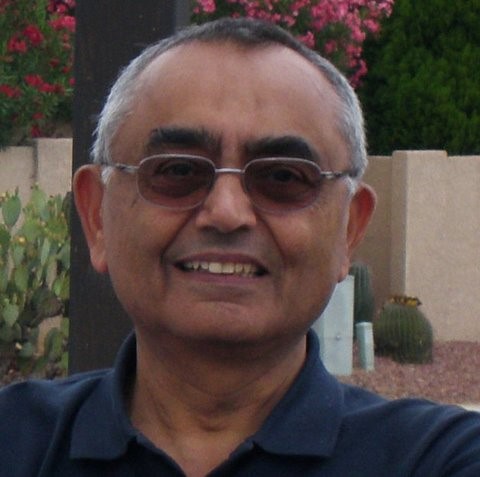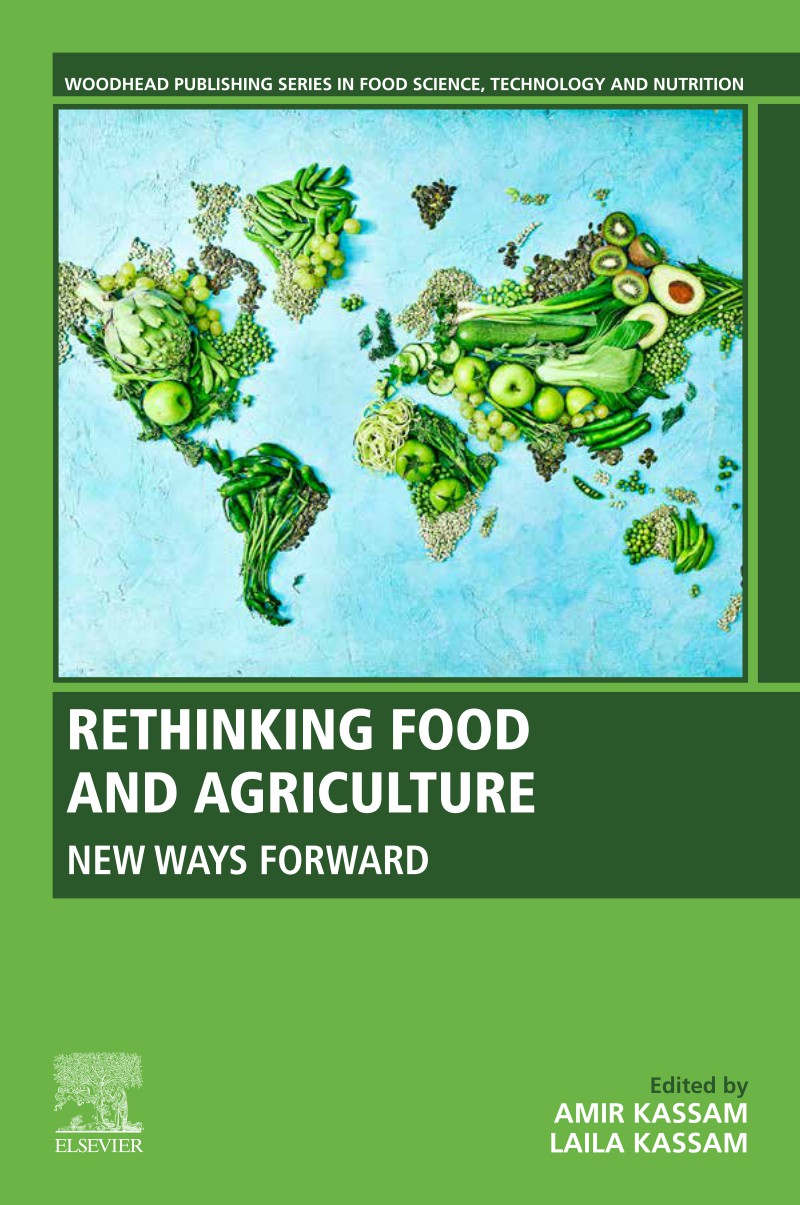Introduction
by Laila Kassam and Amir Kassam
Extract
We are living in unprecedented times. Never before have we faced such significant threats to our own and other species’ existence. These threats are of our own making. Since 1970 human activities have wiped out 60% of wildlife populations (Barrett et al., 2018). An estimated one million animal and plant species are now threatened with extinction (IPBES, 2019). We have impacted the natural world to such an extent that extinction rates are estimated to be 1000 times higher than they otherwise would be (Pimm et al., 2014). Nearly 90% of our ecosystems are degraded or severely degraded while only 11% are estimated to be in reasonable condition (MEA, 2005). Human actions are driving the ‘sixth mass extinction’ event, more aptly named by some as the ‘first mass extermination’. Our ‘annihilation’ of biodiversity is an emergency that is threatening Earth’s life support systems and the ecosystems on which we all depend.
This loss of biodiversity and ecosystem function is closely connected with climate breakdown. They both affect and exacerbate each other. Long-term climate change effects are likely to significantly impact agriculture in various ways, in particular increasing the risk to food security for the world’s most vulnerable people. Tropical and sub-tropical areas are expected to be the most affected by climate change. It is estimated that the frequency and magnitude of extreme climatic events, such as storms, floods, droughts etc., will continue to increase and have serious consequences for agricultural productivity in all regions of the planet (Cline, 2007; Gonzalez et al., 2017). There is a serious risk of future conflicts over habitable lands and natural resources, and forced human migration is expected to rise. Indeed, some analysts believe that near-term societal collapse is now inevitable (Bendell, 2018).
Given the central role of the food and agriculture system in driving so many of the connected ecological, social and economic threats and challenges we currently face, this book is an attempt to ‘rethink’ (including to review, reassess and reimagine) the current food and agriculture system and the narrow paradigm in which it operates.
This rethinking requires exploring and uncovering the historical, ethical, economic, social, cultural, political, and structural drivers and root causes of unsustainability, degradation of the agricultural environment, destruction of nature, short-comings in science and knowledge systems, inequality, hunger and food insecurity, and disharmony.
Thus, this rethinking also entails reviewing past and present efforts towards ‘sustainable development’, including food security and production, and reassessing whether these efforts have been and/or are being implemented with adequate cultural responsibility, acceptable societal and environmental costs and optimal engagement to secure sustainability, equity and justice for all, throughout the whole system.
This rethinking ultimately demands reimagining our food and agriculture system and the efforts required to co-create a new one. This involves highlighting the many ways that farmers and their communities, civil society groups, social movements, development experts, scientists and other relevant actors have been raising awareness of these issues, implementing solutions and forging ‘new ways forward’, for example towards paradigms of agriculture, natural resource management and human nutrition which are sustainable and just.
This book brings together some of the most experienced and forward-thinking academics, activists, development professionals and practitioners in the field to rigorously question and ‘rethink’ the current food and agriculture system, along with the science and political economy on which it is based. This rethinking provides the foundation for looking forward to how the food and agriculture system can be guided by the concept of ‘inclusive responsibility’ and what such a system might look like (final chapter). An inclusively responsible food and agriculture system would encourage society to focus on agro-ecological sustainability as an integral part of overall ecosystem sustainability based on planetary boundaries. Such a system would place importance on quality of life, pluralism, equity and justice for all. It would emphasise the health, well-being, sovereignty, dignity and rights of farmers, consumers and all other stakeholders, as well as of nonhuman animals and the natural world. The concept of ‘inclusive responsibility’ is ultimately based on an understanding of the interconnectedness of nature and the place and responsibility of human society within it.
Download the full introduction chapter here.
About The Authors

Laila Kassam, PhD
Laila Kassam is a development economist and has worked in the international development sector since 2003. She has worked with NGOs, foundations, government ministries and international research and development institutions (including the CGIAR and FAO) focusing on rural development in sub-Saharan Africa and South Asia. Laila is a co-founder and joint Mission Co-ordinator of Animal Think Tank, UK. She currently works on issues related to agroecology, sustainability, food system transformation, and animal, climate and social justice. Laila has a BSc (Hons) in Economics and Politics (University of Bristol), an MSc in Development Management (London School of Economics and Political Science) and a PhD in Development Economics (School of Oriental and African Studies, University of London). Laila’s previous positions include: Programme Associate for Rural Development for the Aga Khan Foundation (Geneva); Research Officer for the DFID funded Coastal Rural Support Programme (Kenya); and Overseas Development Institute (ODI) Fellow at the Ministry of Agriculture (Guyana).

Prof Amir Kassam OBE, FRSB, PhD
Amir Kassam is Visiting Professor in the School of Agriculture, Policy and Development, University of Reading, UK, where he teaches Agriculture and Development. He is the Moderator of the FAO-hosted Global Platform for Conservation Agriculture Community of Practice (CA-CoP) and Chairman of the International Conservation Agriculture Advisory Panel for Africa. Born in Tanzania, Amir has a BSc (Hons) in Agriculture and PhD in Agroecology (University of Reading), and MSc in Irrigation (University of California-Davis). Amir is a Fellow of the Royal Society of Biology (UK). He has published widely. In 2005, Amir was awarded an OBE in the Queen’s Honours List for services to tropical agriculture and to rural development. Amir’s former positions include: Deputy Director General (Programme) at the Africa Rice Centre, CGIAR; Interim Executive Secretary of the CGIAR Science Council; and Chairman of the: Aga Khan Foundation (UK); Focus Humanitarian Assistance Foundation; and Tropical Agriculture Association, UK.
Setting Innovation Free in Agriculture by Rupert Sheldrake



